We've Become a Nation of Image-Obsessed Control Freaks
It's always been this way, but social media has dialed it up to eleven
“Famous for being famous,” a phrase attributed in the sixties to the social theorist Daniel J. Boorstin, was always meant to be derogatory. It’s lobbed at individuals who attain celebrity status for no distinguishable reason, such as the Kardashians or Heidi Montag (among others), she of the ten-plastic-surgeries-in-one-day notoriety, who is now relegated, like other D-listers, to ribbon-cutting ceremonies at used car lots.
Before Kim Kardashian was so much as a gleam in Daddy Kardashian’s eye, however, there was Jayne Mansfield, and it was she, more than anyone else, who first ushered in this grotesque form of … well, not cause célèbre, but causeless célèbre, and the world has become unbearable because of it.
You remember Jayne Mansfield. She was a film actress, Playboy pinup, and nightclub entertainer in the fifties and early sixties known not only for her cleavage but her various “wardrobe malfunctions.” Many considered her a low-rent Marilyn Monroe, but I would posit that unlike Monroe, Mansfield was in on the joke. Mansfield knew she was outrageous and over-the-top; she was laughing right along with you, whereas Monroe liked to feign a childlike innocence over the ruckus she caused. They both inhabited the same role in Hollywood (e.g., blonde bombshell), but few would argue against the idea that Monroe, who had serious acting chops, was the more talented trailblazer.
Jayne was mostly famous for being Jayne.
My mother, who headed a rock back called Andromeda back then, signed with Jim Byron, the same agent Mansfield had used between the years of 1954 to the end of 1961. He also agented film and television actress Yvette Mimieux, which is how she and my mother became close friends.
Jim had all sorts of outlandish ideas for ginning up publicity. In 1955, during a press junket for the film Underwater starring Jane Russell, Mansfield dove into a nearby pool and purposely let her bikini top float away, much to the frenzied delight of paparazzi who stampeded to get photos of the “mishap.”
I’m sure Jane Russell was thrilled. Here she was playing by the house rules, and then this bleached-blonde wannabe shows up in a flimsy bikini and steals her thunder.
Fifty-three years later, another curvaceous wannabe named Kim Kardashian purposely leaked a sex tape to the press, which had its intended effect: she became a huge celebrity, and is now worth $1.8 billion, despite having zero in the way of talent. She and her youngest sister, Kylie Jenner, have benefited greatly from plastic surgery—Brazilian butt lifts, a procedure whereby fat is siphoned from undesirably fleshy places, like the abdomen, and injected into the buttocks and hips; facial recontouring, including cheek implants and lip filler, and liposuctions, not to mention daily facial treatments—which is why they dominate social media, Instagram in particular.
The whole Kardashian family wields the sword of publicity like Salomé with her veils, always two steps ahead of every trend because, let’s face it, they’re the ones who started that trend in the first place.
In every way, the Kardashians are both a product of their time and a progenitor of it, right down to the biracial kids, Black sports/rap star boyfriends, and trans-relatives (Kylie and Kendall’s father is former Olympian Bruce Jenner who now identifies as Caitlyn Jenner.) The Kardashians make it seem as though they are being covered by the press when, in fact, they control their press with impressive consistency and discipline. Not even the horrifying anti-Semitic tirades of estranged husband Kanye West (he styles himself “Ye” these days) seem to make a dent in that weapons-grade Kardashian Kevlar.
Women, more than men, I believe, are uniquely suited to navigate these treacherous waters, especially now when cancel culture and a greater sensitivity to marginalized groups, such as the trans-community, are co-piloting the ship of popular opinion. The Kardashians understand that social paradigm in a way self-conscious boors like Elon Musk never will. In fact, to do so would diminish him in the eyes of his supporters. Here’s why.
More than at any time in recent history, we are redefining what it means to be a man or a woman. Like magnets, we are drawn to opposite poles. Men see strength in offensive, off-the-cuff, contrarian behavior—Trump, for instance, and Musk, who is starting to bear an ever-eerier similarity to Trump.
I asked a Republican-voting relative about the phenomenon, and he said, “When a politician goes on the offense right away, it inspires confidence.”
“Confidence in what?” I asked.
“Confidence that when it comes time to negotiate with countries like Saudi Arabia, we’re not going to walk away losers.”
“What does a female politician have to do to inspire this same level of confidence?” I inquired.
“A woman has to display that kind of offensive, alpha behavior, too,” he told me—and I am quite aware that he speaks for a huge number of other conservatives. “She can’t sit back and act all polite and Establishment. She has to roll up her sleeves and fight. That’s the kind of politician that gets my vote.”
So, in other words, a man with a vagina. Traditionally feminine virtues, such as cooperation, civility, and compassion, are apparently a sure-fire way to get people, men especially, to despise you.
Behold, our new breed of 21st-century “alpha male”.
While we on the left are wringing our hands over the appalling behavior of Trump, Ye, and Musk, their legions of supporters are cheering them on. They want them to say those awful things, not just or even primarily because they believe them to be true, but because being offensive is a clear demonstration of strength, masculinity, and virility.
The problem is, these empty and performative examples of alpha-male behavior are coming from the most thin-skinned, non-alpha men on the planet, men who can’t handle not being in control of their own narrative. Trump goes ballistic when the media unfavorably reports on him. Musk bought an entire social media platform (Twitter) to try to silence his dissenters and control the spin. When he belatedly realized that without users to create content, he didn’t have a viable platform anymore, he fired more than half the staff and started selling the company off one espresso machine, paper copier, and office supply at a time.
The lesson that men like Trump, Musk, and Ye consistently fail to learn is this: if you post conspiracy theories about Paul Pelosi’s “homosexual-liaison-gone-wrong” (Musk), that you’re going “Def-Con 3 on the Jews” (Ye), and “Laziness is a trait of Blacks,” (Trump), you’re making yourself a target. You’re going to suffer a lot of blowback, and you’re not going to like some of it, especially when it’s true and you’d rather people not know it.
Because of social media, we’re all in the limelight now. We leave trails of digital detritus behind us that can be mined for the rest of our lives and even weaponized against us. It’s exactly what the free-speech crusaders like Musk, Ye, Trump, Taibbi, and Chappelle are railing against. And I’m not entirely unsympathetic. But if they feel that thwarted not being able to sling invective at women, minorities, and the trans-community, they aren’t suffering the repercussions of cancel culture; they’re suffering from a deplorable lack of talent and imagination.
When lefties like Your Truly here take them to task over male privilege, this is what we’re talking about. It’s not even white male privilege anymore. It’s the male privilege that believes using someone’s pronouns is “the worst thing that can possibly happen” to a person. We could have a whole conversation (and should) about pronouns, but anyone who thinks pronouns are worthy of an entire crusade against cancel culture is dangerously privileged and out of touch.
For men like these, using preferred pronouns, even out of courtesy, diminishes them precisely because it comes across as compassionate and cooperative, thereby undermining their brand of masculinity.
I’ve got news. If this is how we’re defining “masculinity,” we’re in a lot more trouble than I thought.
And so the war continues to rage about who gets to define the narrative. At no time in recent history have I seen this played out to more sordid effect than in the royal family of Great Britain.
Just to catch you up: Prince Harry married a half-Black American actress four years ago named Meghan Markle. In a tragic instance of recreating past trauma, Harry managed to duplicate his mother’s situation exactly. Markle is relentlessly pursued by the press just like his mother, Princess Diana. Also like Diana, she’s despised by some members of the royal family, such as Princess Michael of Kent, who wore this truly offensive blackamoor brooch to a luncheon where she was first introduced to Markle.
I’m sure the royals are a perfectly odious lot, most of them. I’d be furious if I were Harry and Meghan, too.
Harry and Meghan, the Duke and Duchess of Sussex, walked away from Buckingham Palace, moved to a multi-million-dollar estate in California, and inked deals with Netflix and Disney, thereby cashing in on their royal status without any of the pesky royal responsibilities. In the process, they also threw some pretty revered traditions (such as not speaking to the press about family) to the wayside, leaving themselves open to justifiable criticism.
Heir apparent William and his wife Kate, the Prince and Princess of Wales, are particularly angry, it would seem, a rift that makes no one look sane or heroic. These two factions, the Sussexes and the Waleses, are sniping at one another in the press and on social media, fighting to control the narrative—which just goes to show how paranoid we’ve all become about how we look in the court of public opinion.
The madness will not only continue, it will get even more polarized. Most men don’t see covert sexism and racism because they’ve never experienced it. This means taking our word that it actually happens, and I don’t know many people, male or female, who are capable of doing that.
Until then, it’s going to be one flame war after another, the Sussexes, the Walses, Musk, Ye, Taibbi, Trump eventually gathering so much momentum, they implode like a marshmallow Peep in the cosmic microwave of social media. We’ll be scraping them off the walls for years to come, I imagine.
Press. It’s a double-edged sword. Maybe the secret to navigating it is to do what actors like Tom Hanks do: sit down, shut up, and don’t do the kinds of things that get you talked about. The alternative to that, which seems impossible for most people whose fortunes are tied to fame, is to accept the things they cannot change, change the things they can, and to eventually know the difference.
Copyright © 2022 Stacey Eskelin
What’s your opinion? Do the culture wars seem especially lurid these days? I want to hear from you, so be sure to share your thoughts in the comments section below.



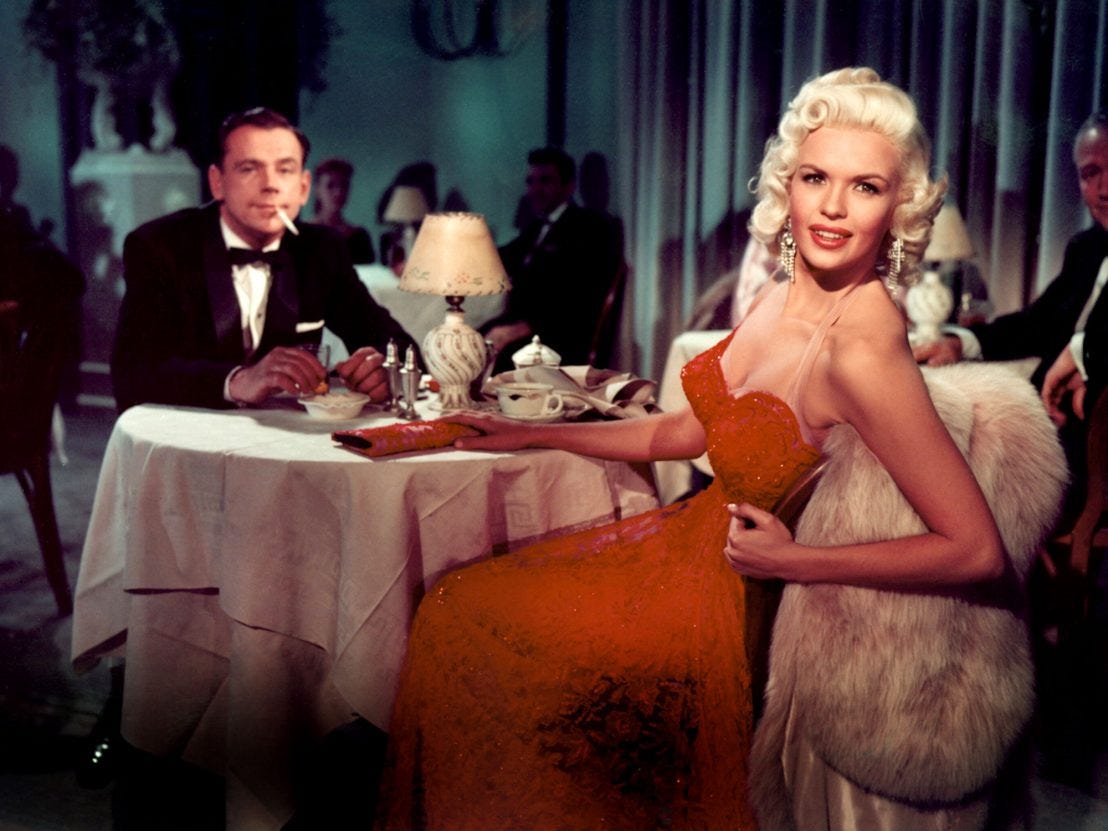
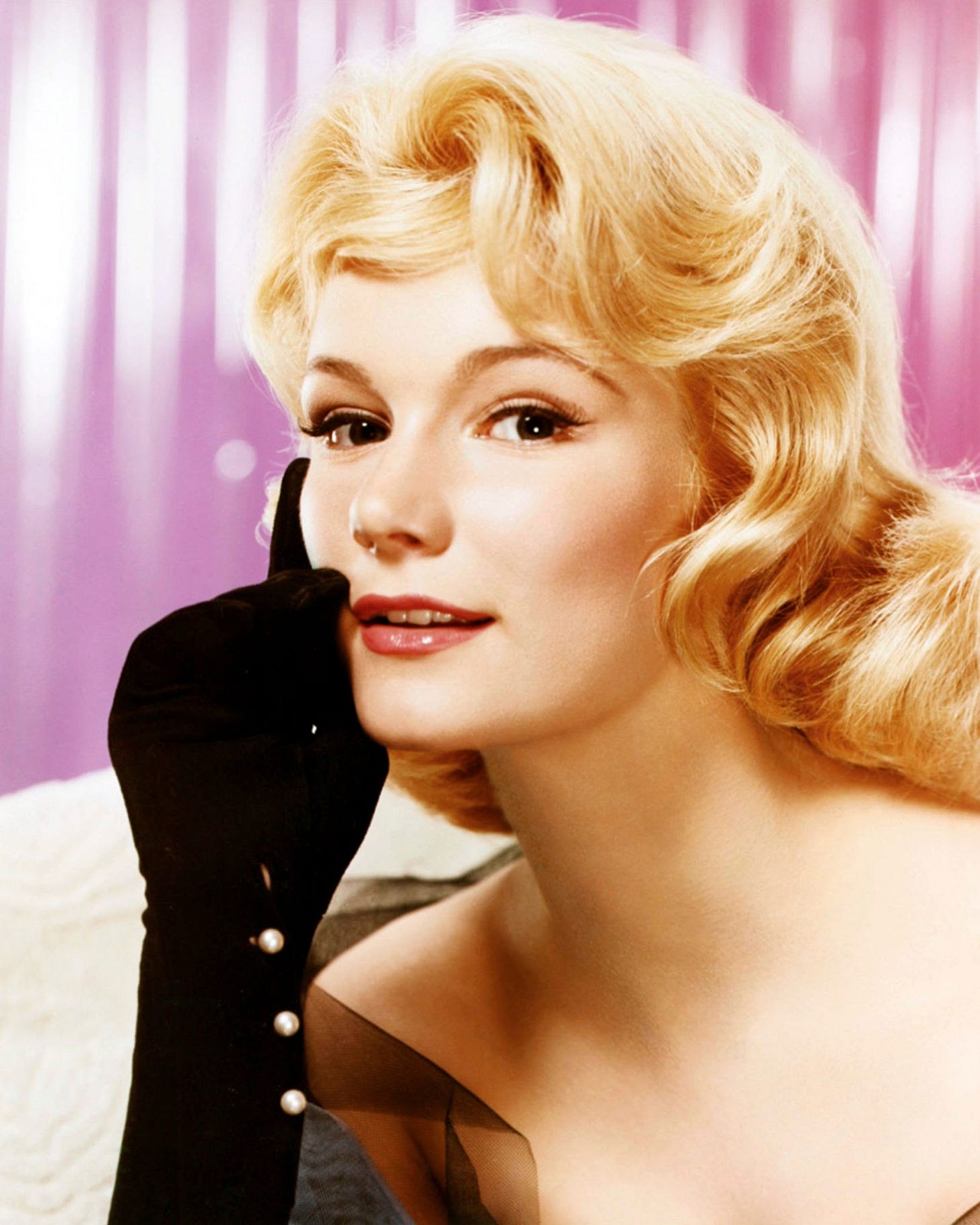
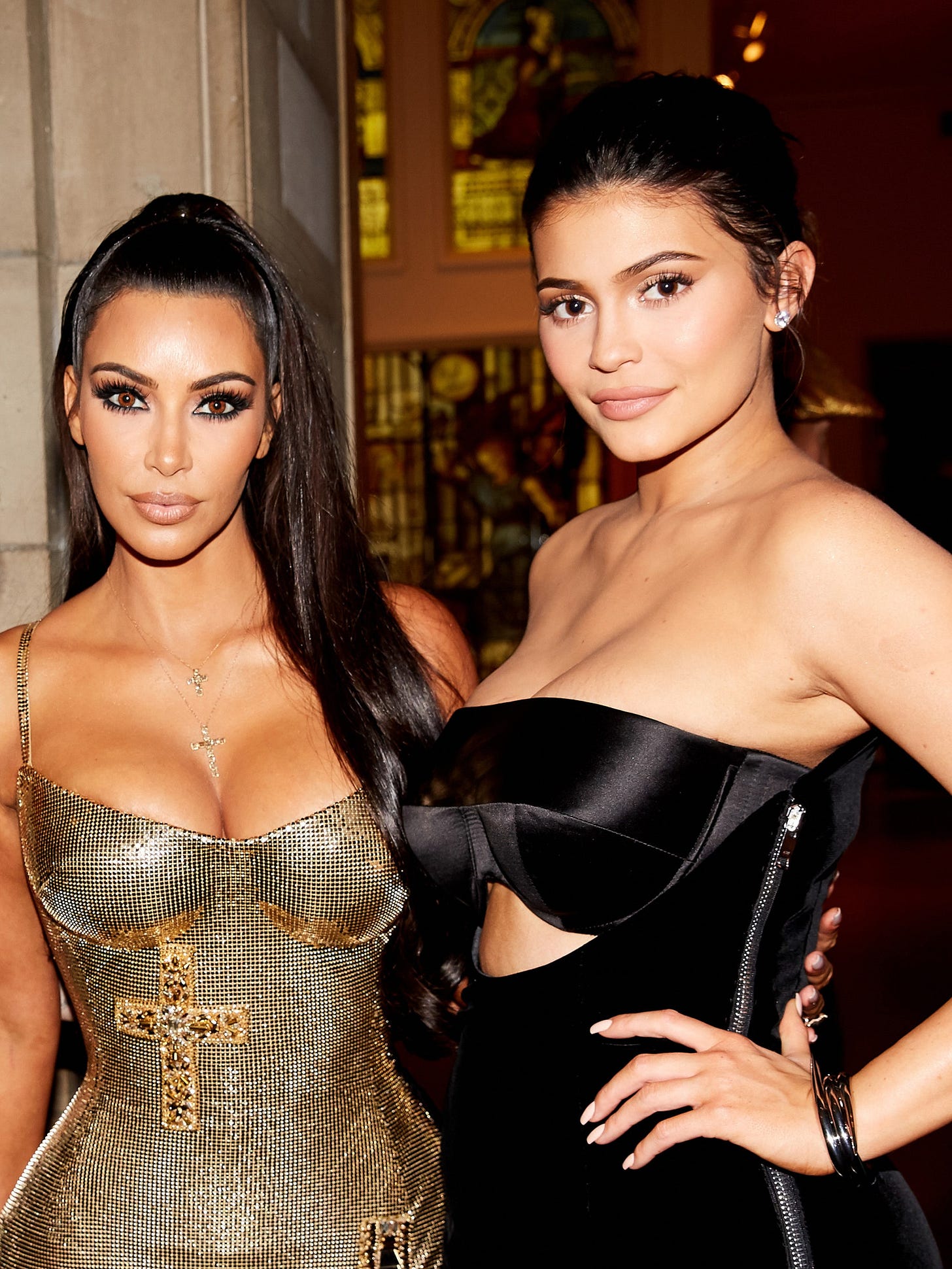
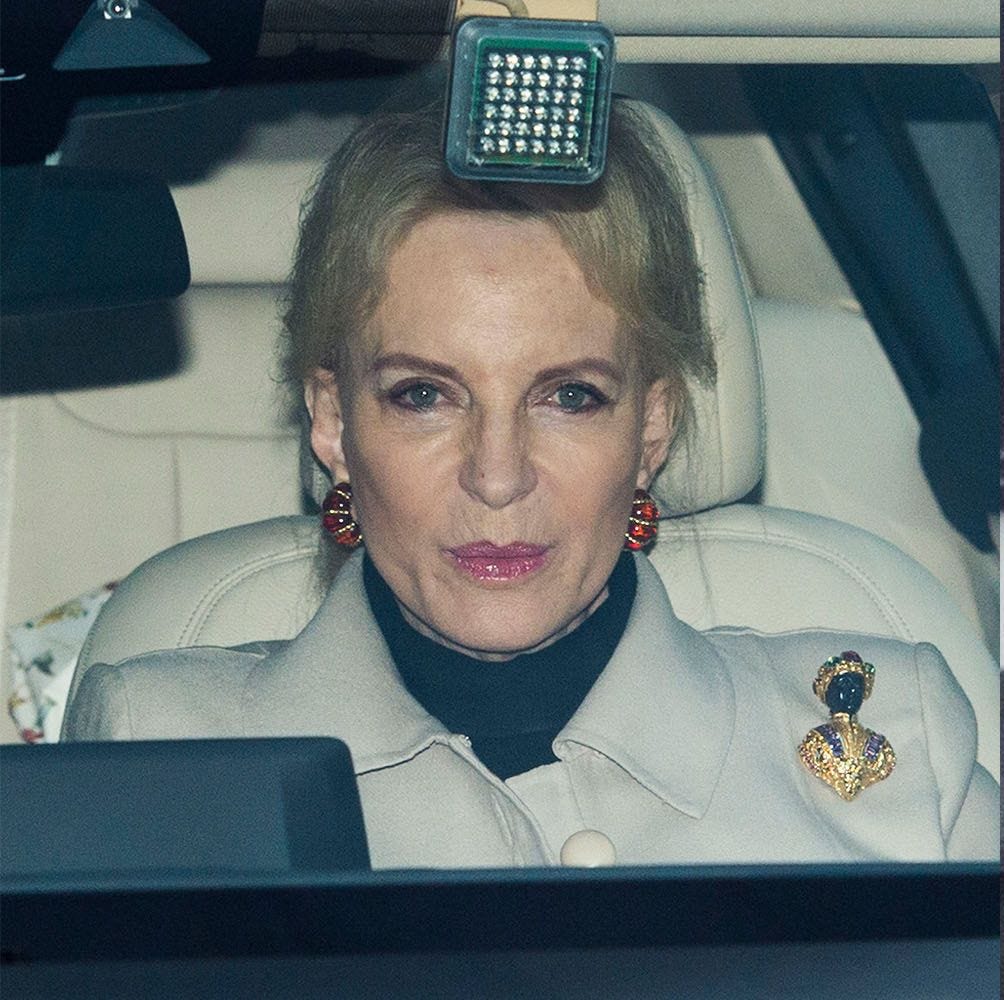
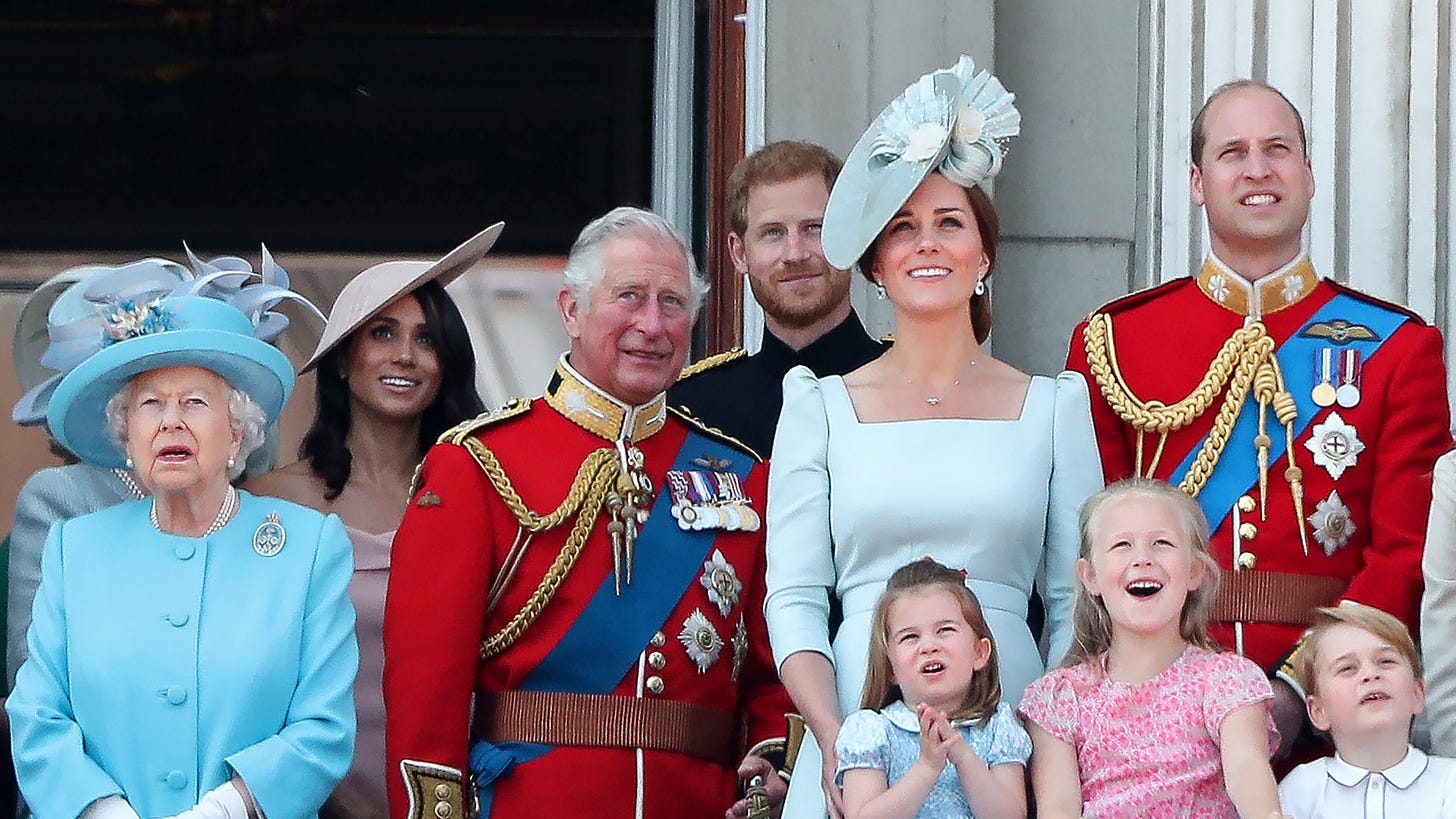
You know the Great Pacific Garbage Patch? It's like that, celebrity culture etc. Cultural detritus and waste is released from all shores, bit by bit, and ends up bobbing in the wash of memory. It grows at the edges and deepens as those once floating at the center, sink.
In so far as the British Royals are concerned, I do not think it wise (for me at least) to either loath or love them. It's far better (for me at least) to think of that institution as just another trap, luxurious as it may be, that people get born into or fall into. All people are ultimately multi-dimensional, so why reduce anyone to mere caricature?
It interests me that Harry and Meghan tried to break-out, but have been as dumb as they have been in how they've gone about it. They deployed strategies that put themselves in the larger prison that encircles royalty, that of latter-day celebrityhood. They had no ability or desire to accept their lot as Royals, but no courage to make a real change because they are accustomed to luxury and privilege.
In the world that now exists, there's big money to be made (even by those of little talent like those two) by means of leveraging the celebrity-making machinery. Now that they've fired the last and only arrows of their victimhood, they will have to find a new grift, which is likely beyond their reach. So, there decision-making was not wise, was it?
I'm actually surprised (at first) that you'd even heard of Jayne Mansfield, she was so very before your time. But I also forget how deeply embedded you were as a child in that culture (broadly -- accidental pun -- speaking.) And poor Jayne ... there are limits to "giving head" that should not be transgressed.
I can't stop laughing over the picture of the royal family. Everybody as this, "Oooh! So exciting!" look on their faces. Except Liz. She's standing off at the left going, "What the ever loving fuck am I even looking at?"
"I’m sure the royals are a perfectly odious lot, most of them." -- I'm pretty sure that sums up most families. But most families lack the means to make a public display of their odiousness, the way the Royals are able to do. It's Plantagenets all the way down. (And yes, for the rest of you, I'm well aware that the Windsors bear scarcely even a nominal connection to that group. I'm just being a son of dork.)
I despise all of these people, to my last sinew and the marrow of my bones, for ranking appearance over reality. And a vapid, infantile appearance for that.